Ocular Migraine: Clinical Insight, ICD-10 Coding, and Documentation Support
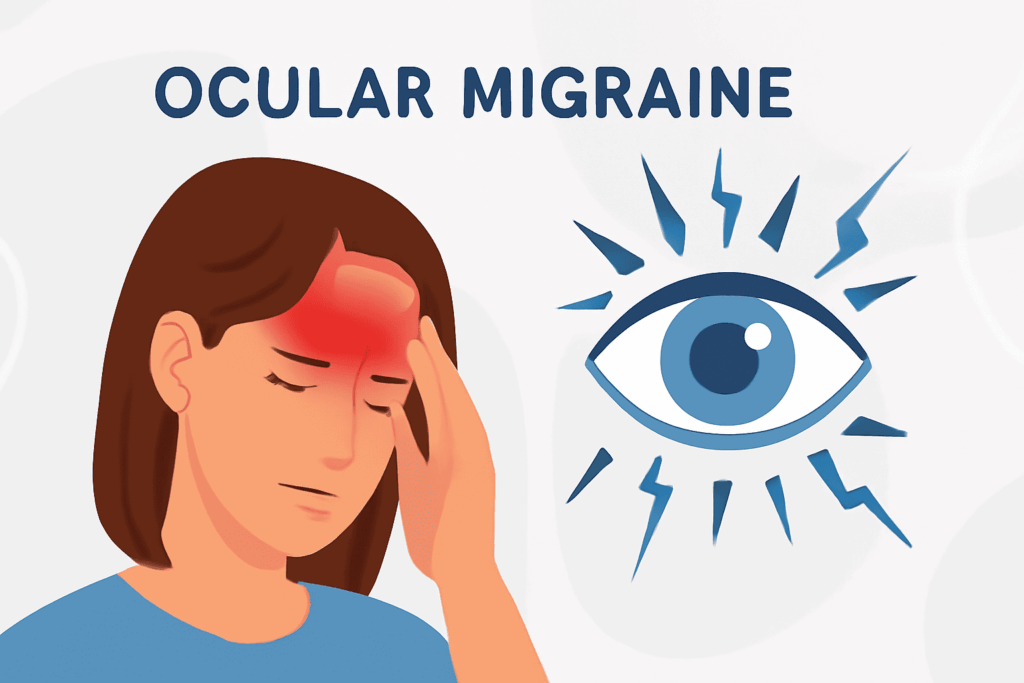
Ocular migraine, also referred to as retinal migraine or visual migraine, presents a unique diagnostic challenge. Unlike typical migraines, ocular migraines are characterized by temporary vision disturbances, often in one eye, with or without accompanying headache. For clinicians, documenting and coding ocular migraine correctly is essential—not only for patient safety and follow-up but also for […]
Glioblastoma Multiforme: Clinical Insights, ICD-10 Coding, and Streamlined Documentation
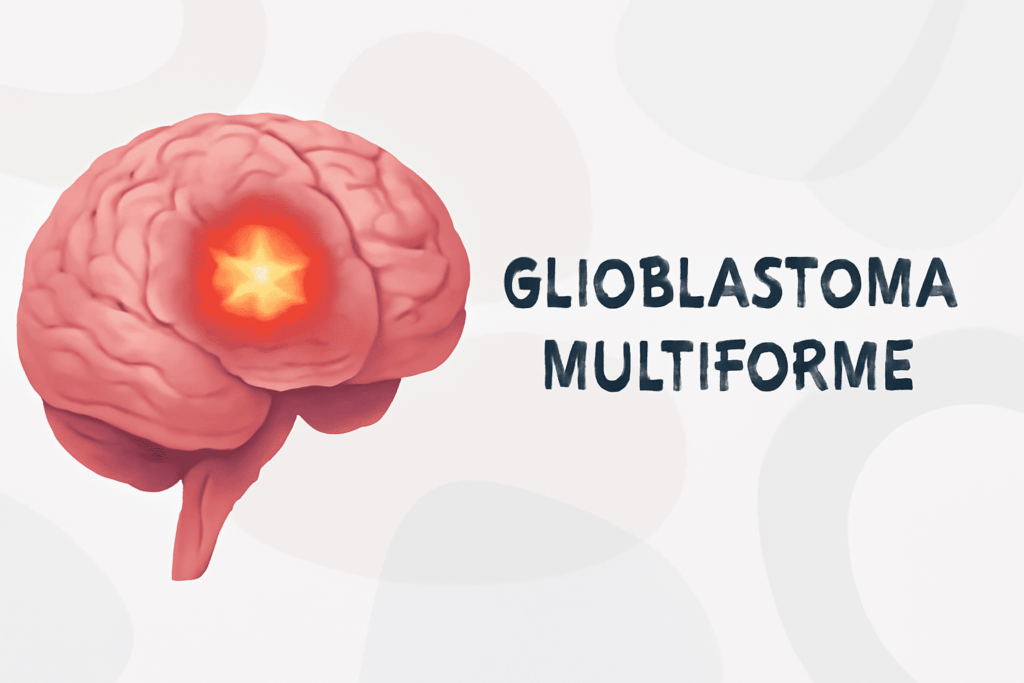
Glioblastoma multiforme (GBM) is one of the most aggressive and common primary brain tumors in adults. With its rapid growth, poor prognosis, and resistance to treatment, GBM poses significant challenges to both diagnosis and management. For clinicians, documenting this condition accurately and comprehensively is essential for ensuring the best possible care, as well as proper […]
Decompensated Heart Failure: Clinical Insights, ICD-10 Coding, and Documentation

Decompensated heart failure (DHF) is a life-threatening condition that represents the acute worsening of chronic heart failure (CHF), requiring immediate medical attention. This sudden deterioration often leads to hospitalization, and effective management hinges on accurate documentation, coding, and timely intervention. In this article, we’ll cover: What decompensated heart failure is and how it presents Causes […]
Elevated Creatine Kinase: Clinical Interpretation, ICD-10 Coding, and Smarter Documentation
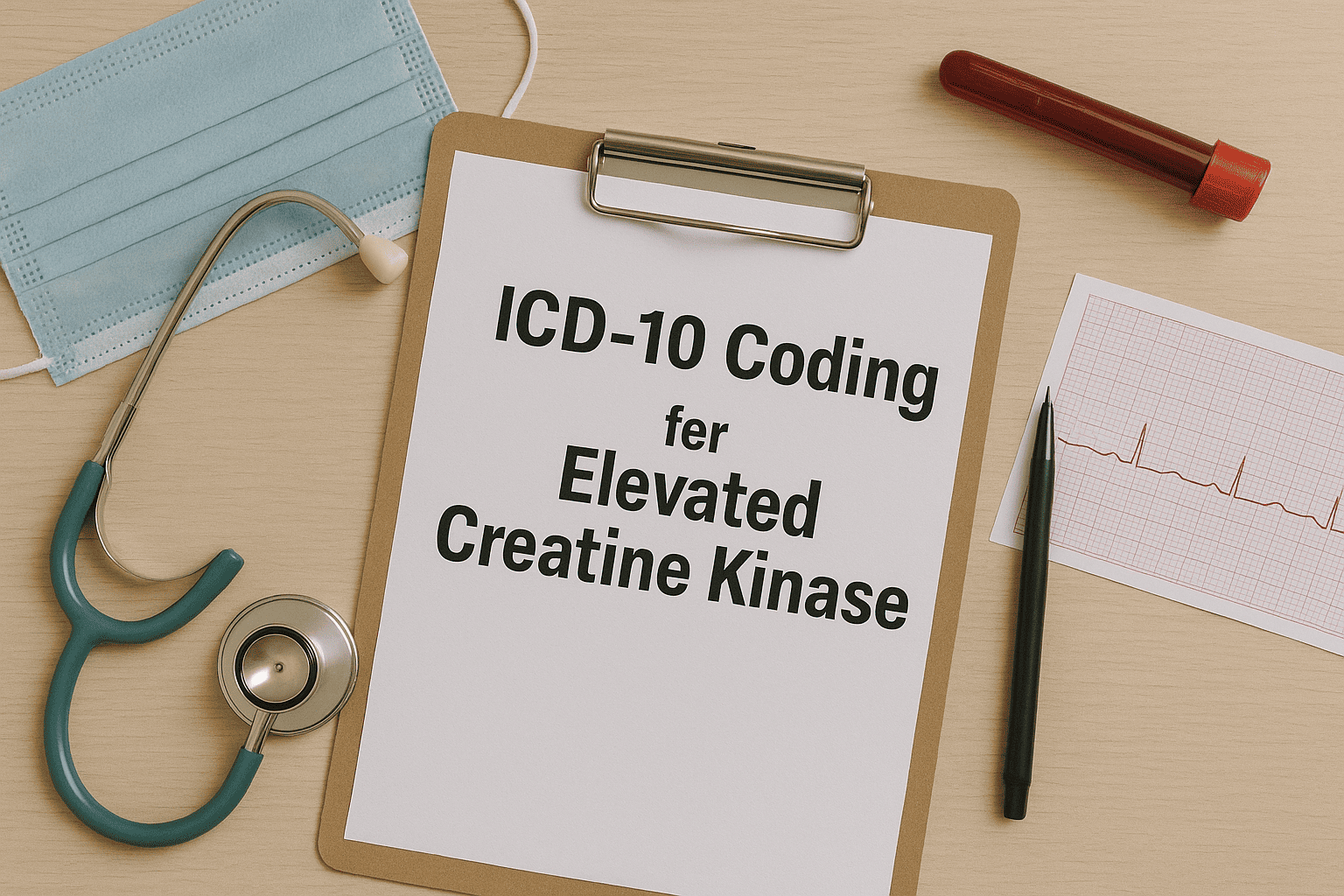
Creatine kinase (CK), also known as creatine phosphokinase (CPK), is an enzyme found primarily in the heart, brain, and skeletal muscle. Elevated levels can be a warning sign of muscle breakdown, cardiac events, or systemic inflammation, making it a crucial lab marker in both outpatient and hospital settings. But what happens after the lab results […]
Positive Cologuard Test: Clinical Next Steps, ICD-10 Coding, and Smarter Documentation
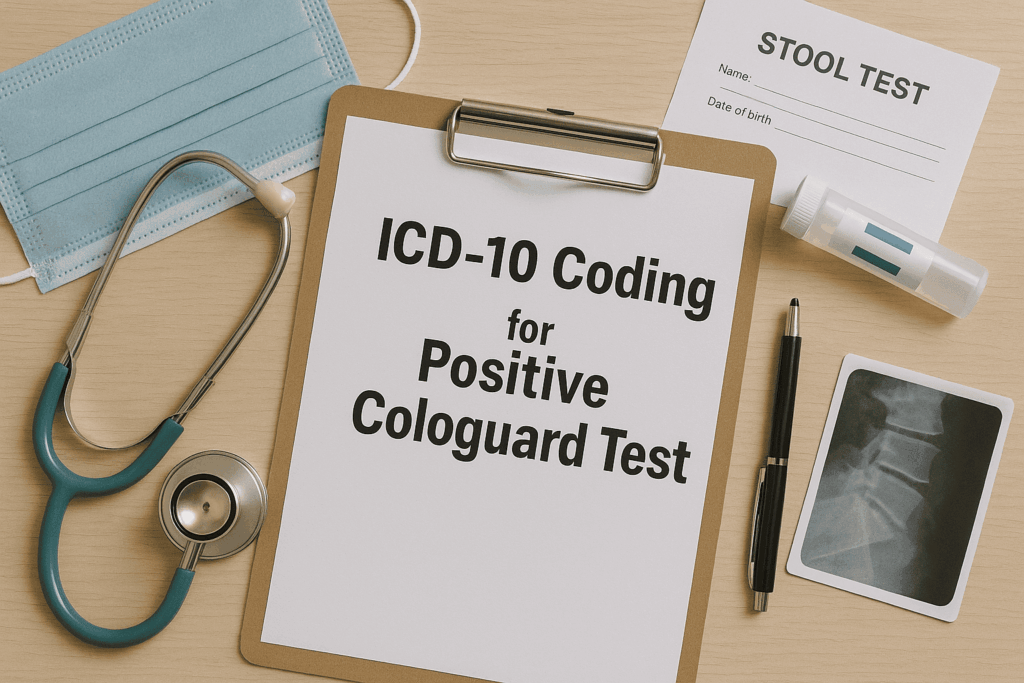
A positive Cologuard result can be a pivotal moment in a patient’s journey—triggering anxiety, follow-up procedures, and more detailed clinical conversations. As a clinician, your job is to ensure that each of those steps is well-documented, clearly coded, and easy to follow. But let’s face it: documenting “positive Cologuard” cases comes with its own nuances—especially […]
AI Medical Scribe Setup: Cost, Training Time & ROI in Small Clinics

AI medical scribes are no longer just for large hospital systems. Today, even solo practitioners and small clinics can implement these tools to save time, reduce burnout, and improve documentation quality—without breaking the bank. This article walks you through: Setup costs Training time Expected ROI And tips for fast implementation in small practice environments. How […]
Accuracy of AI Medical Scribes: What Studies Show & What Clinicians Say

The clinical documentation space is being transformed by AI medical scribes—tools that promise to reduce burnout, improve efficiency, and bring doctors back to the bedside. But one question still looms large: Can clinicians truly trust AI scribes to document accurately? This article dives into what the research says, what clinicians are reporting, and how industry […]
AI Medical Scribes in Orthopedics: Streamlining Surgical Notes & Patient Documentation
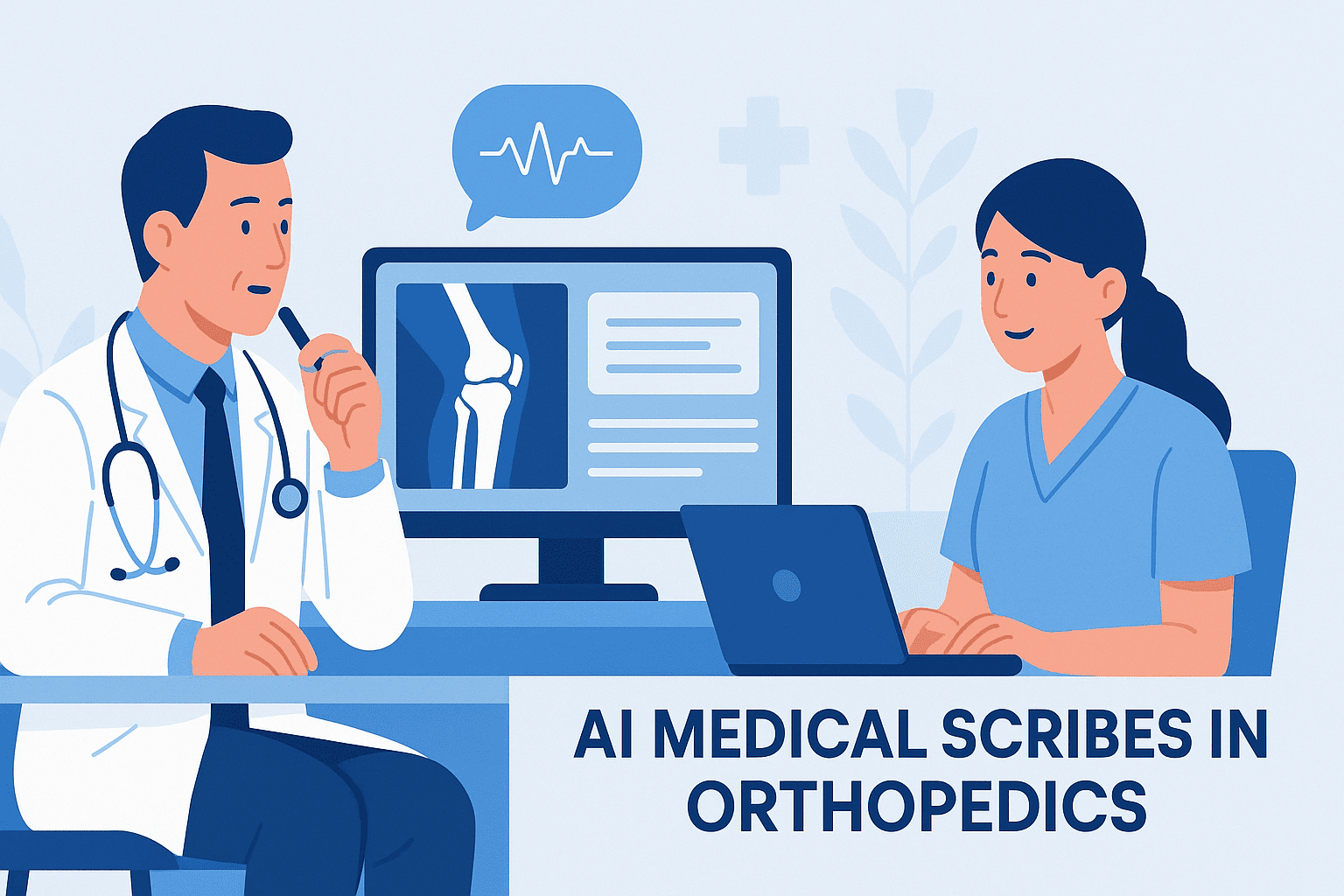
Whether it’s a torn ACL, a complex joint replacement, or a simple fracture follow-up—orthopedic care demands detailed, high-volume documentation. From physical exams to imaging results to post-operative plans, orthopedists are expected to capture every clinical nuance… all while juggling packed schedules. But the more you treat, the more you type. That’s where AI medical scribes […]
AI Scribes for Psychiatry: Easing Documentation in Mental Health Practice
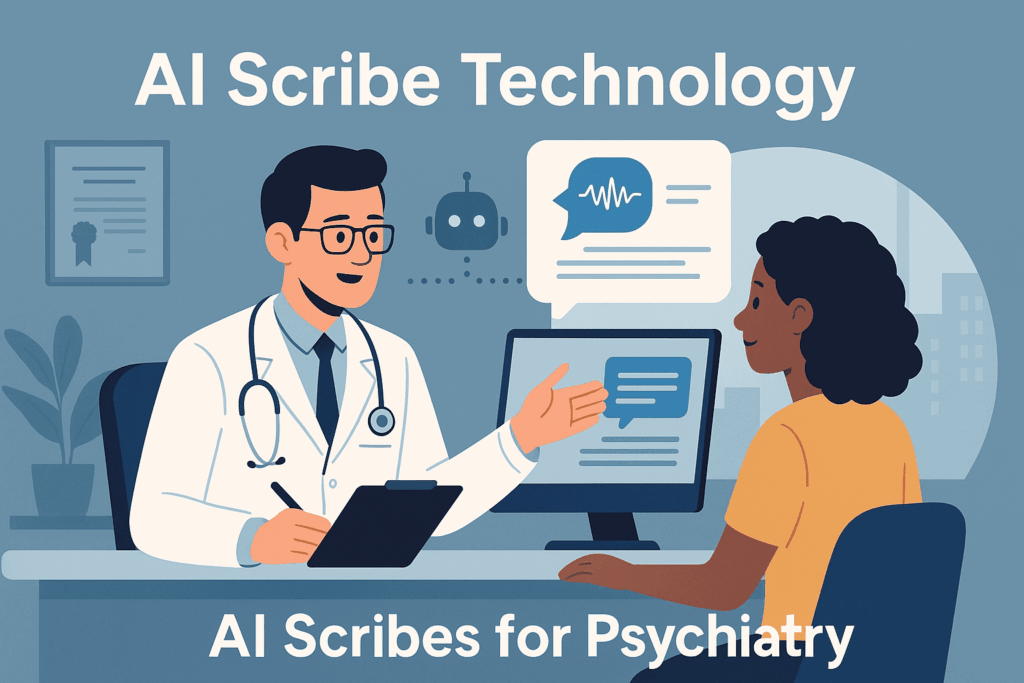
Psychiatry is one of the most human-centered fields in medicine. Each session demands full presence, deep listening, and a safe space for patients to open up. But the reality? Psychiatrists often spend as much time documenting as they do treating. Every nuance, every shift in tone, every behavioral cue—must be carefully recorded. Add EMR fatigue […]
The Path to Ethical AI in Healthcare: Building Trust, Transparency, and Better Care
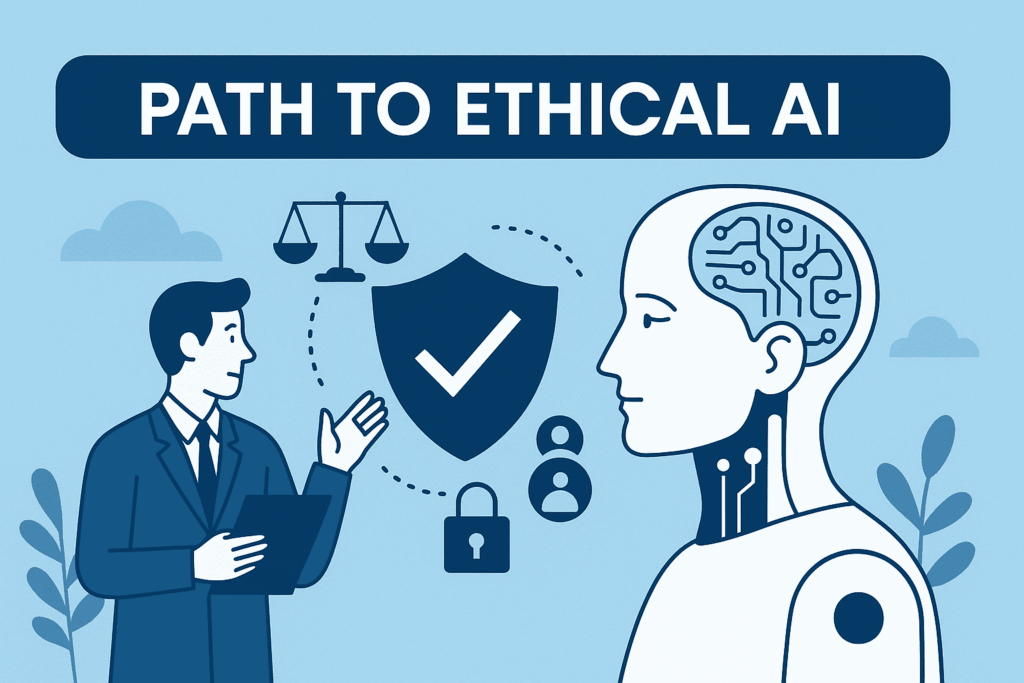
Artificial Intelligence (AI) is reshaping healthcare—from streamlining clinical documentation to enhancing patient care. But as AI becomes more embedded in day-to-day operations, the question that matters most is: How do we ensure AI is used ethically? At DocScrib, where we leverage Virtual Medical Scribes to help clinicians reduce documentation burden, we believe the Path to […]